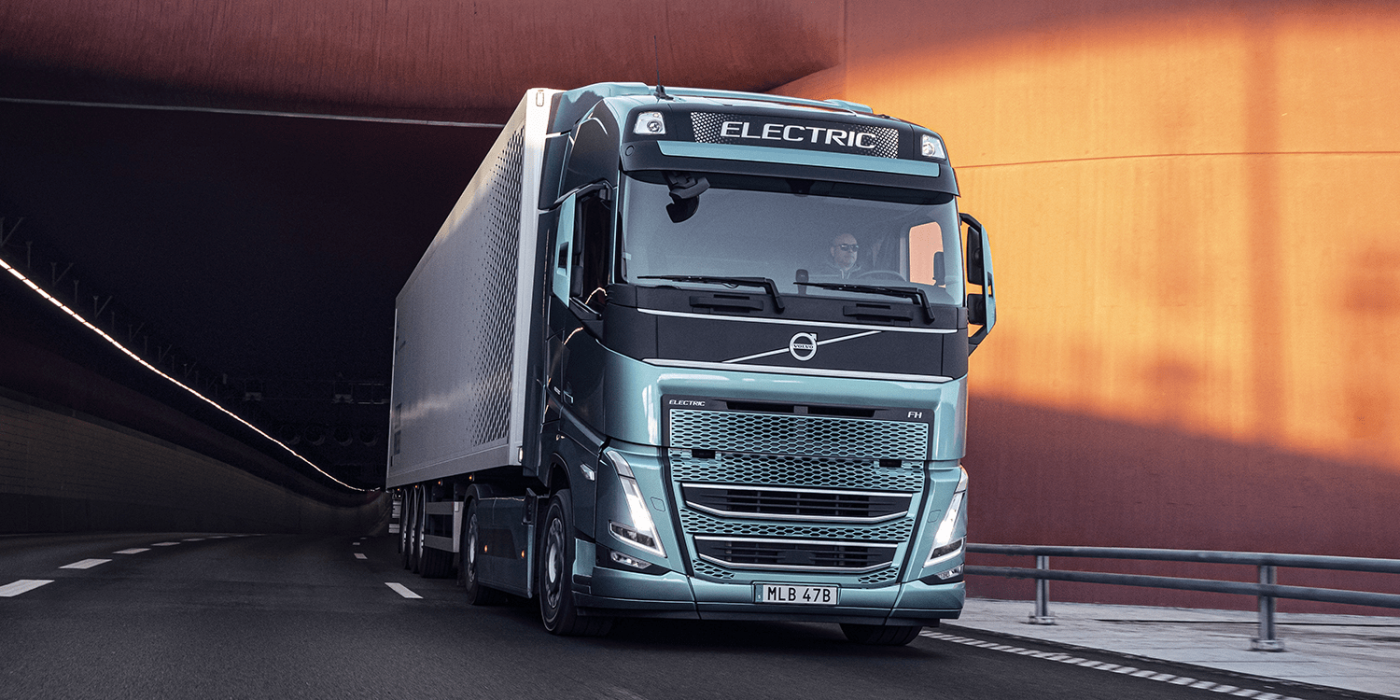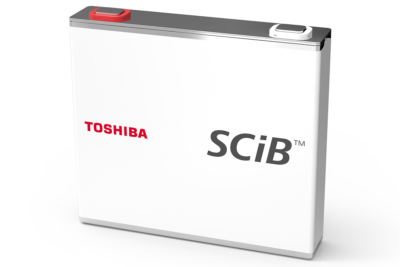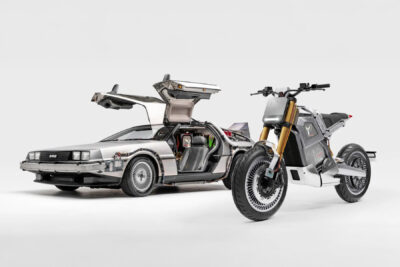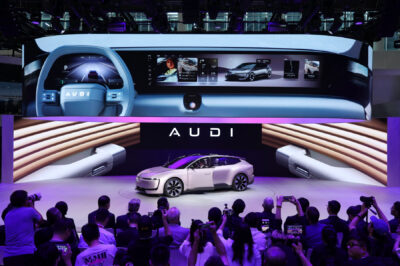Unilever adds first 44-ton electric truck by Volvo to its fleet
Unilever has added a heavy-duty electric truck from Volvo to its fleet in the Netherlands. The company says it is the first heavy-duty electric vehicle with sufficient range to meet its business need in regional transport from distribution centres.
The Volvo truck has a 540 kWh battery capacity and can travel up to 300 km on a single charge. While Unilever has not specified the exact model in use, it must be of the latest 44-ton range. Volvo Trucks started producing the FH Electric, FM Electric and FMX Electric in September with over 1,000 orders.
It is the first time Unilever has opted for a Volvo electric vehicle. At the same time, the company is a founding member of the EV100 initiative, which brings together companies committed to switching to electric vehicles by 2030. They recently also founded EV100+ with Ikea, JSW Steel, Maersk and DPD. All pledged to transition the medium and heavy-duty fleets (over 7.5t) to zero emissions vehicles by 2040.
Internally, Unilever also works to shorten the distances they need to drive in their distribution. The other effort to decarbonise is ‘greening’ the miles they can’t avoid driving, and that’s where the new truck will be a game-changer, writes the company.
Considering Unilever’s use case, they likely opted for the Volvo FM Electric launched as a truck for local heavy haulage and regional distribution transport.
All heavy-duty Volvo trucks have three electric motors coupled to Volvo Trucks’ I-Shift transmission. The manufacturer puts the combined electric motor output at 490 kW and the transmission torque at up to 28,000 Nm. The power take-off is available in electric (40 kW), electromechanical (70 kW) and transmission (150 kW) versions. The six-unit lithium-ion battery pack on board the e-trucks comes with the said energy content of 540 kWh.
Unilever estimates the new e-truck will reduce up to 100 tonnes of carbon per year compared to a regular diesel truck when charged with green energy. The company adds that it invested in setting up high-power charging infrastructure at their Tiel distribution centre in the Netherlands. “Adding charging facilities at existing sites is a challenge, impacted by both warehouse design and grid capacity, but we’re working on it and are learning a lot from this project,” says Unilever. “Any new warehouses we open in the future will need to include electric vehicle charging as standard.”





0 Comments